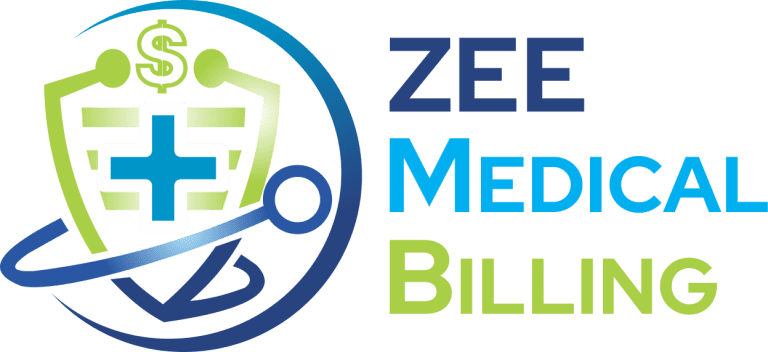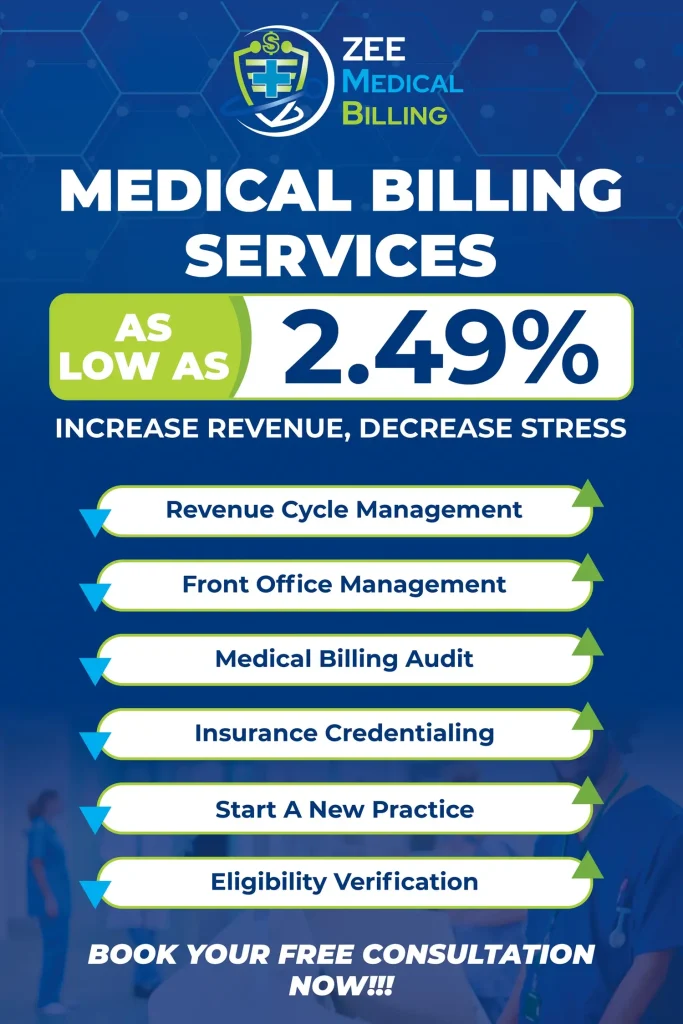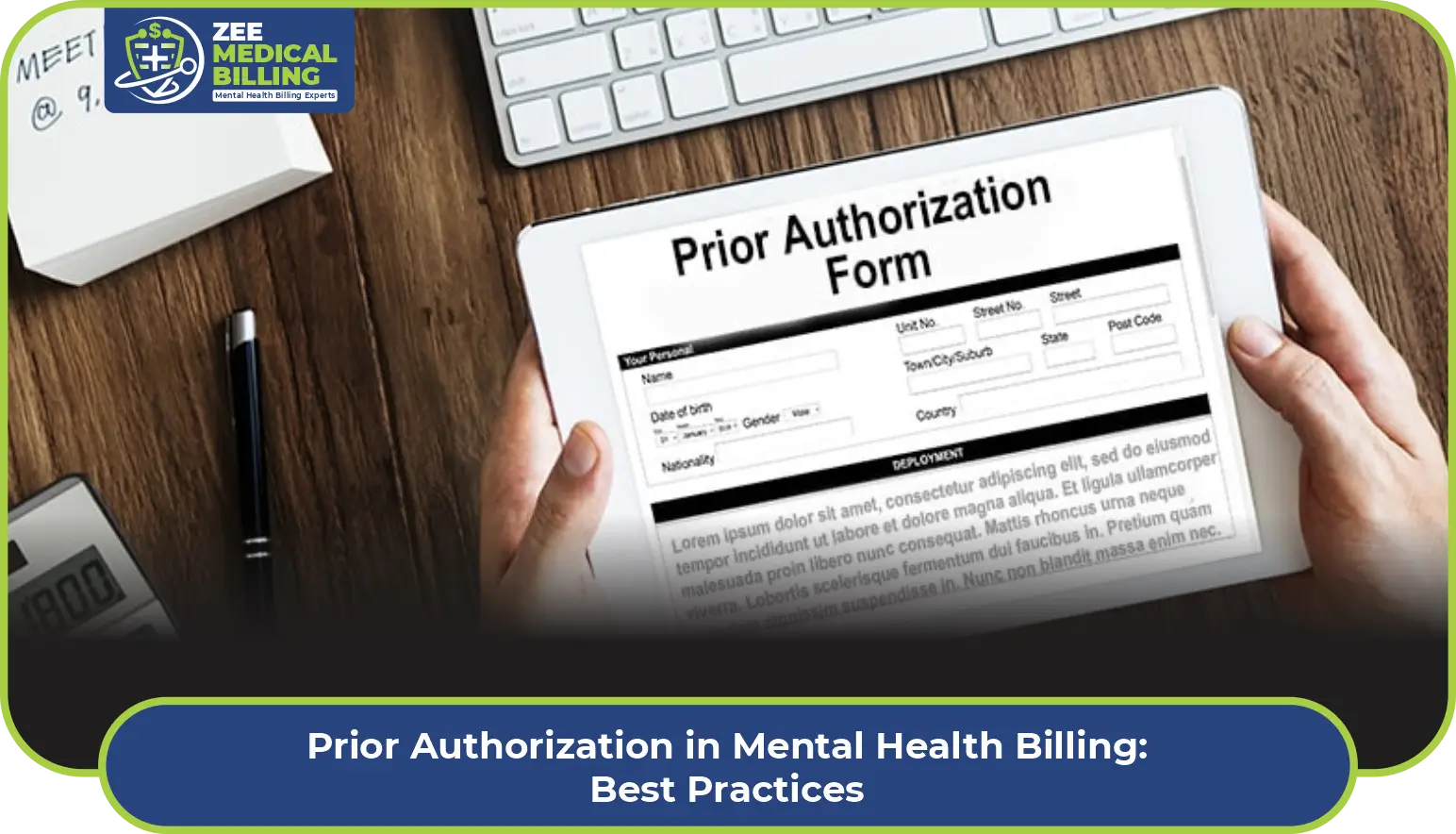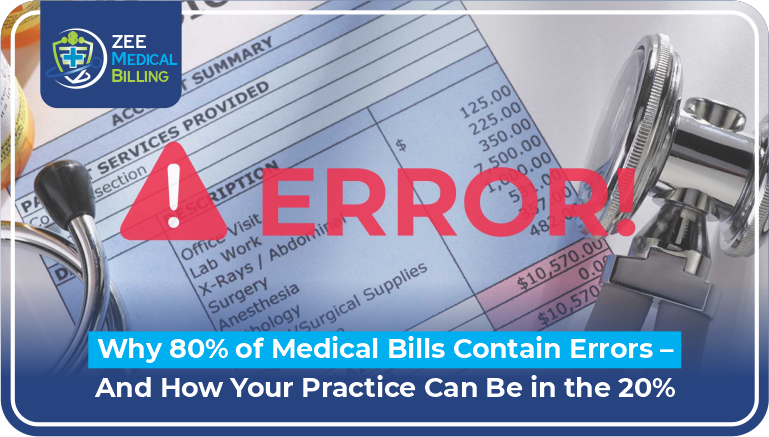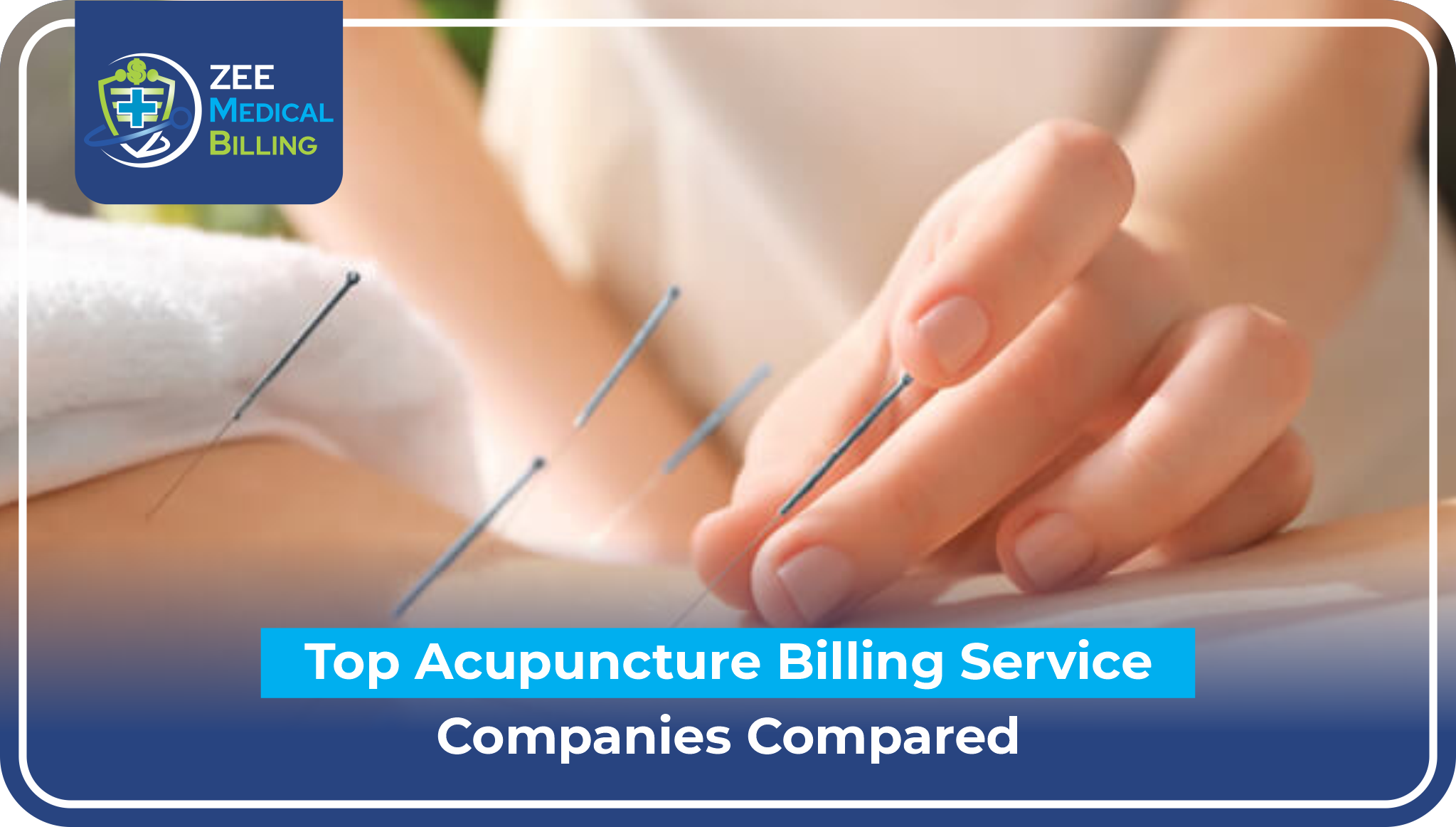Introduction to Cardiology Medical Billing
Managing a cardiology practice comes with its own set of challenges, and one of the most demanding aspects is handling medical billing. With intricate procedures, constantly evolving codes, and strict compliance requirements, cardiology medical billing can feel like navigating through a maze blindfolded. But what if there were proven strategies that could streamline this process and boost your revenue?
Understanding cardiology medical billing services isn’t just about submitting claims, it’s about mastering a complex system that directly impacts your practice’s financial health. Whether you’re dealing with echocardiograms, cardiac catheterizations, or stress tests, each procedure requires precise coding and documentation. That’s where specialized billing services come into play, transforming what could be a headache into a seamless operation.
What Are Cardiology Medical Billing Services?
Cardiology medical billing services are specialized solutions designed to handle the unique billing requirements of cardiovascular practices. These services encompass everything from patient registration and insurance verification to coding, claim submission, payment posting, and denial management. Think of it as having a dedicated team that speaks the language of cardiology billing fluently.
The scope of these services extends beyond simple data entry. They involve understanding complex cardiovascular procedures, staying current with the latest CPT and ICD-10 codes, and ensuring that every claim submitted meets payer requirements. ZEE Medical Billing offers comprehensive cardiology billing services that address these multifaceted needs, allowing cardiologists to focus on what they do best caring for patients.
The Unique Challenges in Cardiology Billing
Complex Procedure Codes
Cardiology procedures aren’t straightforward, and neither is their coding. From diagnostic tests like ECGs to invasive procedures like angioplasty, each service requires specific codes that must accurately reflect the work performed. A single misplaced digit can mean the difference between timely payment and a denied claim.
Frequent Claim Denials
Did you know that cardiology practices experience higher-than-average claim denial rates? This often stems from inadequate documentation, incorrect coding, or failure to obtain prior authorizations. Each denial not only delays payment but also increases administrative costs as staff spend valuable time on appeals.
Regulatory Compliance Requirements
The healthcare landscape is constantly shifting, with new regulations and payer policies emerging regularly. Cardiology practices must stay compliant with HIPAA, Medicare guidelines, and individual insurance company requirements. One misstep can lead to audits, penalties, or even legal complications.
Why Choose Professional Cardiology Billing Services?
Improved Revenue Cycle Management
Professional billing services optimize every stage of the revenue cycle, from patient intake to final payment. By streamlining processes and reducing errors, these services ensure that your practice maintains healthy cash flow. According to the cardiology medical billing services guide, practices that partner with specialized billing companies often see revenue increases of 10-20%.
Reduced Administrative Burden
Your staff didn’t go into healthcare to spend hours on hold with insurance companies or deciphering denial codes. Outsourcing billing frees up your team to focus on patient care and practice growth, rather than getting bogged down in paperwork and follow-ups.
Enhanced Accuracy and Compliance
Specialized billing services employ certified coders who understand the nuances of cardiology procedures. They stay updated on regulatory changes and payer requirements, ensuring that your claims are accurate, compliant, and submitted on every time.
Best Strategies for Cardiology Medical Billing
Strategy 1 – Implement Comprehensive Documentation Practices
Documentation is the foundation of successful billing. Every procedure, consultation, and diagnostic test must be thoroughly documented to support the codes submitted. Encourage your providers to document clearly and completely, noting the medical necessity for each service. Detailed documentation not only supports higher-level coding but also protects your practice during audits.
Strategy 2 – Stay Updated with CPT and ICD-10 Codes
Medical coding isn’t static, it evolves annually. Cardiology practices must stay current with the latest CPT and ICD-10 code updates to ensure accurate billing. This includes understanding new codes for emerging procedures and technologies, as well as deleted or modified codes that could affect your claims.
Strategy 3 – Utilize Advanced Billing Software
Technology is your ally in modern medical billing. Advanced billing software automates many time-consuming tasks, from claim scrubbing to payment posting. Look for systems that integrate with your EHR, offer real-time eligibility verification, and provide robust reporting capabilities. The right technology can dramatically reduce errors and accelerate reimbursement.
Strategy 4 – Regular Staff Training and Education
The billing landscape changes constantly, and your team needs to keep pace. Invest in regular training sessions that cover coding updates, payer policy changes, and best practices. Whether you have an in-house billing team or work with a service like ZEE Medical Billing, ongoing education ensures everyone stays sharp and informed.
Strategy 5 – Monitor Key Performance Indicators (KPIs)
You can’t improve what you don’t measure. Track essential KPIs like days in accounts receivable, first-pass claim acceptance rate, denial rate, and collection rate. These metrics provide insight into your billing performance and highlight areas needing improvement. Regular monitoring allows you to catch issues early and make data-driven decisions.
How ZEE Medical Billing Transforms Cardiology Practices
Specialized Expertise in Cardiology Billing
Not all billing services are created equal. ZEE Medical Billing specializes in cardiology billing, bringing deep expertise in cardiovascular procedures and their unique coding requirements. This specialization means fewer errors, faster reimbursements, and higher collection rates for your practice.
Customized Billing Solutions
Every cardiology practice is different, with its own procedures, patient demographics, and business goals. ZEE Medical Billing offers customized solutions tailored to your specific needs, whether you’re a small private practice or a large cardiology group. Their approach ensures that you receive services that align with your operational requirements.
Technology-Driven Approach
ZEE Medical Billing leverages cutting-edge technology to streamline billing processes. From automated claim submission to advanced analytics, their cardiology medical billing solution harnesses technology to maximize efficiency and transparency. You’ll have real-time access to your billing data, empowering you to make informed financial decisions.
Common Cardiology Billing Mistakes to Avoid
Incorrect Modifier Usage
Modifiers communicate important information about how a procedure was performed, but they’re frequently misused or omitted. Incorrect modifier usage can result in claim denials or reduced reimbursements. Understanding when and how to apply modifiers like -25, -59, or -TC is essential for accurate cardiology billing.
Inadequate Documentation
We can’t stress this enough, documentation drives billing. Vague or incomplete documentation leaves coders guessing and increases the likelihood of downcoding or denial. Ensure that your clinical notes clearly support the level of service billed and demonstrate medical necessity.
Missing Deadlines for Claims Submission
Insurance companies impose strict timely filing limits, typically ranging from 90 days to one year from the date of service. Missing these deadlines means forfeiting payment entirely, money that’s rightfully yours. Establish systems to ensure claims are submitted promptly, and follow up consistently on outstanding claims.
The Role of Technology in Modern Cardiology Billing
Electronic Health Records (EHR) Integration
Seamless integration between your EHR and billing system eliminates duplicate data entry and reduces errors. When clinical information flows automatically into billing software, it streamlines the entire process and ensures consistency between what’s documented and what’s billed.
Automated Claim Scrubbing
Before a claim reaches a payer, it should go through automated scrubbing software that identifies potential errors or missing information. This technology checks for common issues like incorrect codes, missing modifiers, or inconsistent patient information, catching problems before they result in denials.
Real-Time Analytics and Reporting
Modern billing platforms provide real-time dashboards that give you instant visibility into your practice’s financial health. You can track collections, identify trends, and spot potential issues before they become major problems. This level of transparency empowers better decision-making and strategic planning.
Maximizing Reimbursements in Cardiology Practices
Understanding Payer Requirements
Different insurance companies have different requirements, and staying on top of these variations is crucial. Some payers require prior authorization for certain procedures, while others have specific documentation requirements. Knowing these nuances and building them into your workflow prevents unnecessary denials and delays.
Effective Denial Management
Denials will happen, but how you handle them makes all the difference. Implement a systematic approach to denial management that includes prompt review, root cause analysis, and timely appeals. Track denial patterns to identify recurring issues and address them at their source. The cardiology medical billing services 101 guide provides excellent insights into building an effective denial management strategy.
Proper Coding for Diagnostic Procedures
Diagnostic cardiology procedures like echocardiography, nuclear stress tests, and Holter monitoring have specific coding requirements. Understanding the differences between professional and technical components, knowing when to use modifiers, and ensuring documentation supports the level of interpretation billed are all critical to maximizing reimbursements.
Compliance and Regulatory Considerations
HIPAA Compliance
Patient privacy isn’t optional, it’s the law. Ensure that your billing processes comply with HIPAA regulations, including secure handling of protected health information (PHI), proper authorization procedures, and appropriate business associate agreements with any third-party billing services.
Medicare and Medicaid Guidelines
Government payers have stringent requirements, and non-compliance can result in audits, recoupments, or even exclusion from programs. Stay current with Medicare and Medicaid guidelines specific to cardiology services, including coverage determinations, local coverage decisions (LCDs), and national coverage determinations (NCDs).
Regular Audits and Quality Checks
Don’t wait for an external audit to discover billing issues. Conduct regular internal audits to assess coding accuracy, documentation quality, and compliance with billing regulations. These proactive reviews help identify vulnerabilities and opportunities for improvement before they become costly problems.
Choosing the Right Cardiology Billing Partner
Experience and Track Record
When selecting a billing service, experience matters. Look for a partner with a proven track record in cardiology billing specifically. Ask about their average collection rates, denial rates, and days in accounts receivable. ZEE Medical Billing brings years of specialized experience to the table, with measurable results that speak for themselves.
Transparency in Reporting
You should never be in the dark about your practice’s financial performance. Choose a billing partner that provides transparent, easy-to-understand reporting. You should have access to detailed information about claim status, collections, denials, and other key metrics whenever you need it.
Customer Support and Communication
Billing questions and issues arise, often at inconvenient times. Your billing partner should be responsive, accessible, and committed to clear communication. Look for a service that assigns you a dedicated account manager who understands your practice and is readily available to address concerns.
The Future of Cardiology Medical Billing
The healthcare industry is shifting toward value-based care models that emphasize outcomes over volume. This transition will require cardiology practices to adapt their billing and documentation practices accordingly. Emerging technologies like artificial intelligence and machine learning are already beginning to transform billing processes, offering predictive analytics, automated coding assistance, and enhanced fraud detection.
Staying ahead of these trends isn’t just about survival, it’s about positioning your practice for growth and success in an evolving landscape. Partnering with forward-thinking billing services that embrace innovation will give your practice a competitive edge.
Conclusion
Cardiology medical billing services aren’t just a nice-to-have, they’re essential for the financial health and operational efficiency of your cardiovascular practice. By implementing the best strategies outlined here, from comprehensive documentation and staff training to leveraging advanced technology and partnering with specialized billing services, you can transform your revenue cycle management.
The complexity of cardiology billing demands expertise, attention to detail, and ongoing adaptation to regulatory changes. Whether you choose to enhance your in-house capabilities or partner with specialists like ZEE Medical Billing, the investment in proper billing practices pays dividends through improved cash flow, reduced denials, and more time to focus on patient care.
Remember, effective billing isn’t about cutting corners, it’s about doing things right the first time, every time. With the right strategies and partners in place, your cardiology practice can achieve financial success while delivering exceptional patient care.
FAQs
1. What makes cardiology billing more complex than other medical specialties?
Cardiology billing involves highly technical procedures with intricate coding requirements, including diagnostic tests, interventional procedures, and long-term monitoring services. The specialty requires knowledge of both professional and technical components, appropriate modifier usage, and detailed documentation to support the medical necessity of often expensive procedures.
2. How can outsourcing to ZEE Medical Billing improve my practice’s revenue?
ZEE Medical Billing specializes exclusively in cardiology billing, bringing expertise that reduces claim denials, accelerates reimbursements, and ensures accurate coding. Their technology-driven approach and dedicated team typically help practices see revenue increases of 10-20% while reducing administrative overhead and allowing staff to focus on patient care.
3. What are the most common reasons for claim denials in cardiology?
The most frequent denial reasons include inadequate documentation, incorrect or missing modifiers, lack of prior authorization, coding errors, and timely filing violations. Understanding payer-specific requirements and maintaining thorough clinical documentation are key to preventing these issues.
4. How often should cardiology practices update their coding knowledge?
Cardiology practices should review coding updates at least annually when new CPT and ICD-10 codes are released, typically in October and January respectively. However, staying informed about mid-year changes, payer policy updates, and regulatory modifications is equally important for maintaining billing accuracy.
5. What technology features should I look for in cardiology billing software?
Essential features include EHR integration, automated claim scrubbing, real-time eligibility verification, denial management tools, comprehensive reporting and analytics, secure patient data handling, and cardiology-specific coding assistance. The software should streamline workflows while maintaining compliance with healthcare regulations.
Follow Us
- Instagram: @zee_medical_billing
- Facebook: ZeeMedicalBilling
- YouTube: Zee Medical Billing Channel
- Twitter/X: @BillingZee
- LinkedIn: Zee Medical Billing Company
